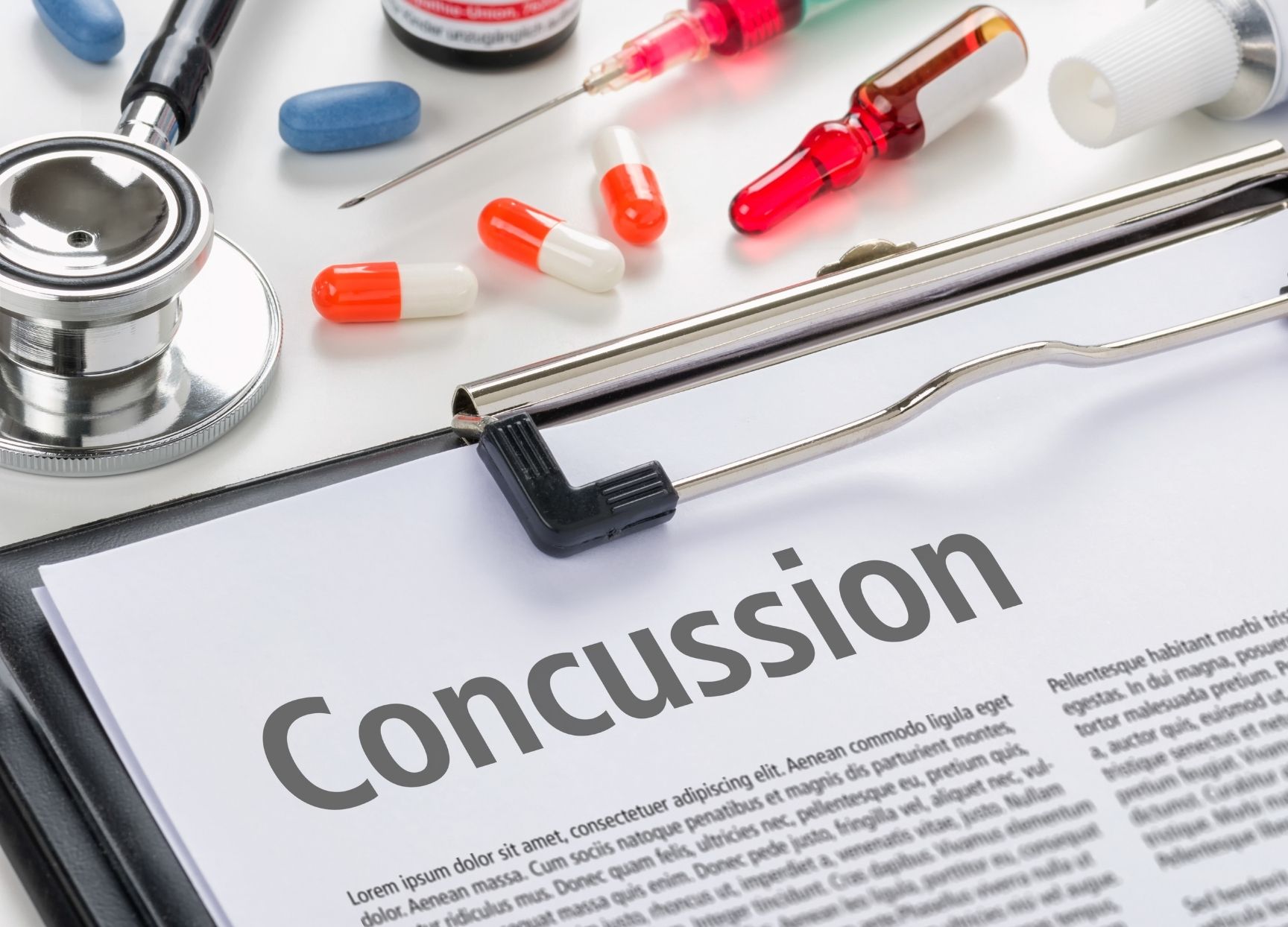A concussion can usually be diagnosed through an assessment of the kind of injury you sustained and how, and the symptoms you have as a result.
Your specialist may also conduct a neurological assessment to evaluate your vision, hearing, strength, feeling, reflexes, balance and coordination, as well as your cognitive functions including memory, recall and concentration.
An MRI scan of your brain may be needed if you have unusual symptoms, or if they are taking longer than expected to resolve. A CT scan may also be done in the early stages to rule out any potentially serious additional issues, but this is rare.

